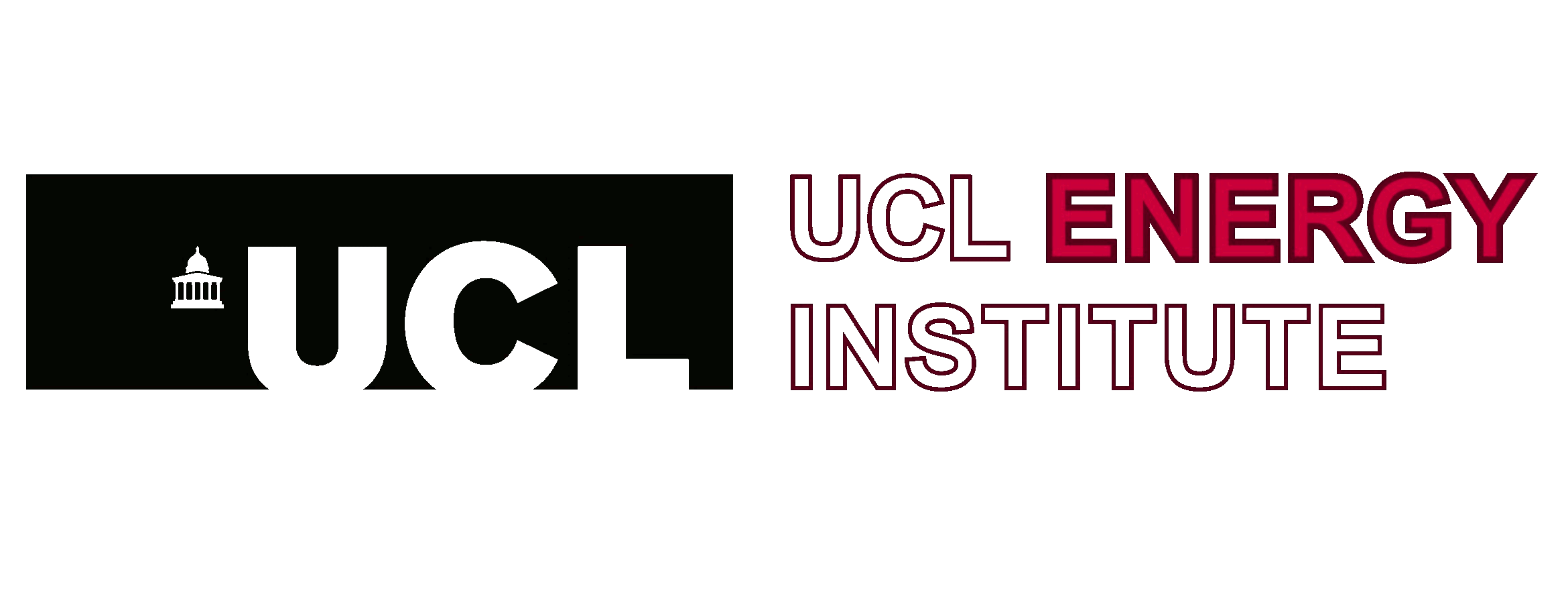
Adoption of the IMO NZF delayed. Regional, national and corporate actors action urged to fill the gap: UCL
LONDON: A scheduled Extraordinary Session of the IMO’s Marine Environment Protection Committee has ended without adopting the policy measures agreed upon in principle in April 2025. These measures are intended to reduce emissions from the shipping sector and kick-start the sector’s energy transition.
The meeting failed to complete the next milestone toward the entry into force of the “Net Zero Framework”. In the decision taken at the end of the week, a vote was called for by Saudi Arabia to adjourn the meeting for one year. The vote resulted in 57 countries accepting the motion, forming a majority of those present and voting, and the meeting was subsequently adjourned.

Dr Tristan Smith, Professor of Energy and Transport at UCL Energy Institute Shipping & Oceans Research Group said: “This is catastrophic for confidence, and therefore also for the equitable and ambitious decarbonisation we need. We will now have to double-down on other means to drive shipping GHG reduction and energy transition. Climate science tells us that the challenge of decarbonisation does not go away, it gets harder. This delay therefore means those with the means must step up and lead more than ever, until this multilateral process can regain its composure.”
A vote was also called at the MEPC 83 meeting in April 2025, agreeing in principle to the legal amendment to MARPOL Annex VI. A number of countries changed their positions relative to that vote, providing evidence that well-publicised threats from the United States, including tariffs and reprisals for any country that supported the Framework, and related pressure, were effective at changing positions. On this occasion, that pressure appears to have been effective.

Dr Annika Frosch, Research Fellow at UCL Energy Institute Shipping & Oceans Research Group said: “The adoption of the Net Zero Framework by the IMO would have marked a crucial step forward for shipping decarbonization. Although adoption has been postponed, the process remains underway, with key technical guidelines now the focus before potential adoption in 2026.”
The decision on the IMO’s Net Zero Framework does not override or change the foundation of the GHG Reduction Strategy that was adopted at MEPC 80 in 2023. This unanimously adopted strategy commits the organisation to absolute GHG emission reductions of 20-30% in 2030 and 70-80% in 2040, on a pathway to reaching net-zero emissions by/around 2050. As long as that is the stated strategy, the IMO should in theory make progress toward adopting regulations in line with it. However the outcome at IMO means further work on regional and national regulation of international shipping has now been vindicated, making current regulations such as those in EU likely to be prolonged. We could now see more regions taking similar action.

Dr Pinar Langer, Research Fellow at UCL Energy Institute Shipping & Oceans Research Group said: “This unexpected delay highlights both the complexity and the high stakes of reaching global alignment on shipping’s net-zero transition. The year ahead offers a vital window for constructive engagement and for strengthening the evidence base to ensure that when the framework is finally adopted, it is both equitable and actionable across diverse national contexts.”
Even with the outcome to defer the conclusion of the current adoption of the NZF, work on the underpinning guidelines can continue, with next week’s meeting (Intersessional Working Group 20th session) going ahead as planned. These guidelines will specify important details on definitions, calculations, and methods for determining how the policy incentivises and evaluates different technology and fuel options needed for decarbonisation, how the fund will be set up and run, and how its key parameters will be revised on an ongoing basis.

About UCL Energy Institute
The UCL Energy Institute hosts a world leading research group which aims to accelerate the transition to an equitable and sustainable energy and trade system within the context of the ocean. The research group’s multi-disciplinary work on the shipping and ocean system leverages advanced data analytics, cutting-edge modelling, and rigorous research methods, providing crucial insights for decision-makers in both policy and industry. The group focuses on three core areas: analysing big data to understand drivers of historical emissions and wider environmental impacts, developing models and frameworks to explore energy and trade transition to a zero emissions future, and conducting social science research to examine the policy and commercial structures that enable the decarbonisation of the shipping sector. For more information visit www.shippingandoceans.com
UCL Shipping & Oceans research group would like to thank IMO observer organisations Clean Shipping Coalition (CSC), Zero Emissions Ship Technology Association (ZESTAs), Pacific Environment and Environment Defense Fund (EDF) for accrediting many of the team and enabling their attendance to follow the discussions. Dr Tristan Smith attends IMO as a delegate of the Institute of Marine Engineers Science & Technology (IMarEST) https://www.imarest.org. He chairs the IMarEST’s Working Group on IMO GHG regulation. IMarEST has a dedicated Special Interest Group (SIG) working on “Ship Energy and Environment”: https://www.imarest.org/group/ship-energy-and-environment.html

